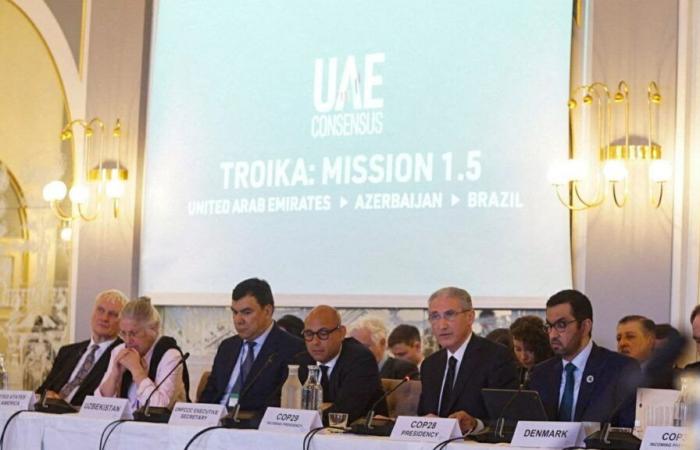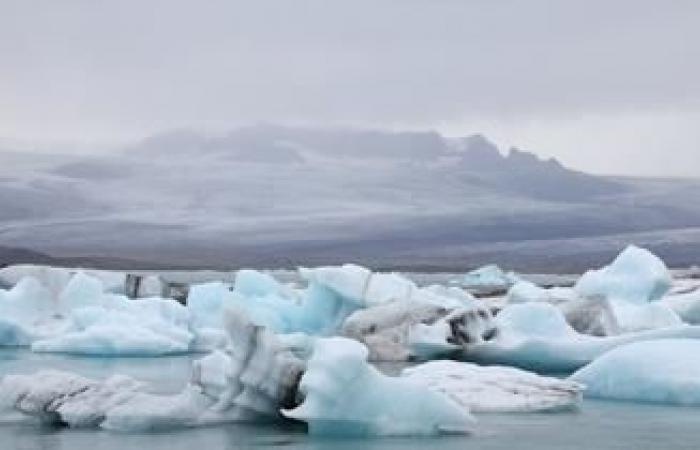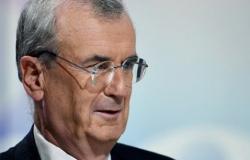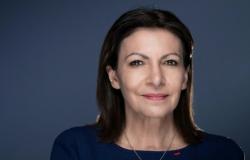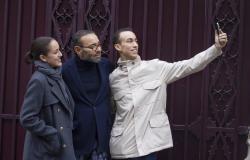Nations from around the world will meet from this Monday until Friday, November 22 in Baku, Azerbaijan, for the 29th Conference of the Parties (COP29). The climate issues are numerous, the mobilization is more limited.
General mobilization expected in Baku for COP29? From this Monday until November 22, representatives from countries around the world are meeting for the climate.
While the planet is experiencing a worrying deterioration in climatic conditions, this meeting involves a lot of issues. However, several countries seem to be disinterested.
Drastically reduce greenhouse gas emissions
According to the United Nations, countries must collectively commit to reducing their annual greenhouse gas emissions by 42% by 2030 and by 57% by 2035 compared to current levels. 1990.
Otherwise the objective of the Paris agreement would be compromised. Signed in 2015 during COP21, it aims to limit global warming to 2°C, ideally 1.5°C, since 1990.
In the current state of national policies, the rise in temperatures could reach 3.1°C by the end of the century. Worrying projections.
“COP Finance”
COP29 has been renamed as this because financing adaptation and the fight against climate change in the poorest countries will once again be at the heart of the debates.
In particular, the parties must agree on a new global financial objective.
This involves rethinking a promise made in 2009, when developed countries committed to mobilizing 100 billion dollars on average each year between 2020 and 2025. A figure which was only reached in 2022.
Several notable absences, such as that of Emmanuel Macron
French President Emmanuel Macron will not attend the climate summit.
In question? Relations between France and the host country have been strained since last year, when Paris condemned Azerbaijan’s military offensive against Armenian separatists in the Nagorno-Karabakh region.
France will be represented by Agnès Pannier-Runacher, the Minister of Ecological Transition.
German Chancellor Olaf Scholz announced that he would not attend COP29 either after his ruling coalition broke up on Wednesday. He had planned to attend the negotiations Monday and Tuesday, before changing his plans.
Due to the timing of the event, Joe Biden will not be present either, for the second year in a row. The U.S. delegation will be led by John Podesta, current senior advisor to the president for international climate policy.
For his part, Brazilian President Lula has already made it known that he will not attend COP29, without giving precise reasons for this absence. Brazil will, however, be represented in the negotiations.
Other notable absences include those of King Charles, Vladimir Putin, Canadian Prime Minister Justin Trudeau, Indian Prime Minister Narendra Modi, Chinese President Xi Jinping and Australian Prime Minister Anthony Albanese.
Furthermore, the President of the European Commission, Usula von der Leyen, would not be present. As the Commission is in a transition phase, it will “focus on its institutional functions”. Ursula von der Leyen’s second term officially begins on December 1.
The EU will be represented by the President of the European Council, Charles Michel, the Dutch candidate for the climate, carbon neutrality and clean growth portfolio, Wopke Hoekstra, and the Energy Commissioner, Kadri Simson.
The shadow of Donald Trump could loom over the negotiations
As soon as he returned to power, Donald Trump indicated that he wanted to leave the Paris Agreement.
He also mentioned leaving the United Nations Framework Convention on Climate Change (UNFCCC), which would allow the United States, the world’s second largest polluter, to escape climate negotiations.
This clearly assumed withdrawal could encourage other big polluters to do the same, which would prove catastrophic for the planet.
Papua New Guinea withdraws
Despite the importance that COP29 seems to have, several states have decided to boycott the event. This is the case, for example, of Papua New Guinea.
This small island state, particularly vulnerable to rising water levels, nevertheless seems to be at the heart of the debates. But he denounces the “merry-go-round” of the conference, criticizing its lack of ambition.

